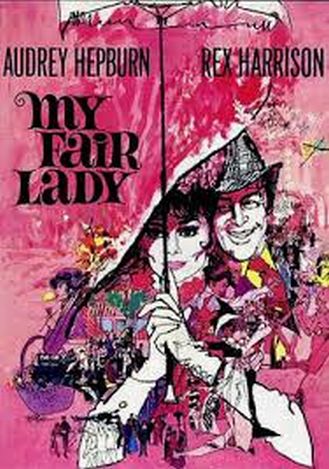“When do we use ‘in the street’ and ‘on the street’?”
This preposition usage question was posed to me by a veteran newspaper editor and columnist—I’ll identify him here only as DP to keep his privacy—who prefaced it with this observation:
“My editor told me years ago that we use ‘on the street’ when referring to a specific street, as in ‘He was found dead
on Recto Street.’ He said we use ‘in the street’ when it could be just any street, as in ‘There’s just too much litter
in the streets of Manila.’
“With this guide, I find ‘Knowing you’re
on the street where we live’ logical because it speaks (sings) of the specific street ‘where we live.’ Also logical is ‘The Santoses
live on Maria Clara Street.’ But I frown on the widespread use of ‘a
man on the street interview,’ because the interview is just anywhere, everywhere, without pinning it to a specific street. I prefer ‘
man in the street interview’.”
I replied to DP that I agreed with his editor that the preposition “on” should be used when referring to a specific street, as in this given example: “He was found dead
on Recto Street.” Based on the American English standard, “on” should also be used for the names of roads, avenues, and boulevards: “Her apartment is
on Ortigas Avenue (
on Santolan Road,
on Roxas Boulevard).” In these cases, “on” is used as a preposition for indicating a specific location by name.
DP’s editor, I also agreed, was conceptually right in prescribing the preposition “in” for referring to just any street (or “street” in the generic sense), as in his other example: “There’s just too much litter
in the streets of Manila.” Here, “in” is used as a preposition for indicating location, as in these other examples: “The children are
in the kitchen (
in the garden,
in the car,
in the library),
in the class (or
in class),
in school (or
in the school].”
From the American English standpoint, I agreed with DP’s choice of “on” and not “in” as the correct preposition in the statements “Knowing you’re
on the street where we live”* and “The Santoses
live on Maria Clara Street.” I pointed out though that “on” is used in both cases not because a specific street “where we live” is being referred to; rather, it’s because the noun “street” here is used in the sense of “a thoroughfare with abutting property,” and this “abutting property” is in a real sense a “surface.” Indeed, in American English, the preposition “on” is prescribed for indicating a surface where something happens to be, as in “There are
nasty scratches on the floor.”
We must keep in mind, though, that the usage of “on” or “in” varies from one linguistic area to another, and is actually more conventional and idiomatic than logical. In British English, in fact, the preposition “in” is often used in grammatical situations for which American English prescribes “on,” and that also goes for some other prepositions as well. This difference in usage is accurately captured by this playful comparison: “Londoners
live in a street and
stay in farm cottages at weekends, but New Yorkers and English-speaking Manilans
live on a street and
stay in farm cottages on weekends.”
I disagreed with DP on his last point, however. Unlike him, I really wouldn’t frown on people who use the noun phrase “a man on the street” rather than “a man in the street.” The usage would depend on the speaker’s country or linguistic region. In fact, recognizing the perfect equivalence of those two phrases, my
Merriam-Webster’s 11th Collegiate Dictionary considers “man on the street” and “man in the street” equally acceptable usage for referring to “an average or ordinary person.”
This essay, 1,158th of the series, appeared in the column “English Plain and Simple” by Jose A. Carillo in the Campus Press section of the August 29, 2019 print edition of The Manila Times
, © 2019 by the Manila Times Publishing Corp. All rights reserved.----------------
*The exact phrasing of this line as sung in Alan Jay Lerner and Frederick Loewe’s Broadway musical My Fair Lady is “Knowing I’m on the street where you live.” I love that song so much—and the 1964 film adaptation of that musical as well—that I am yielding to the temptation of quoting its entire lyrics here (underscoring mine):
On the Street Where You Live
I have often walked down this street before;
But the pavement always stayed beneath my feet before.
All at once am I
Several stories high,
Knowing I’m on the street where you live.
Are there lilac trees in the heart of town?
Can you hear a lark in any other part of town?
Does enchantment pour
Out of ev’ry door?
No, it's just on the street where you live!
And oh! The towering feeling
Just to know somehow you are near!
The overpowering feeling
That any second you may suddenly appear!
People stop and stare. They don’t bother me.
For there’s nowhere else on earth that I would rather be.
Let the time go by,
I won’t care if I
Can be here on the street where you live.
(Next:
Pitfalls in constructing negative “used to” sentences) September 4, 2019